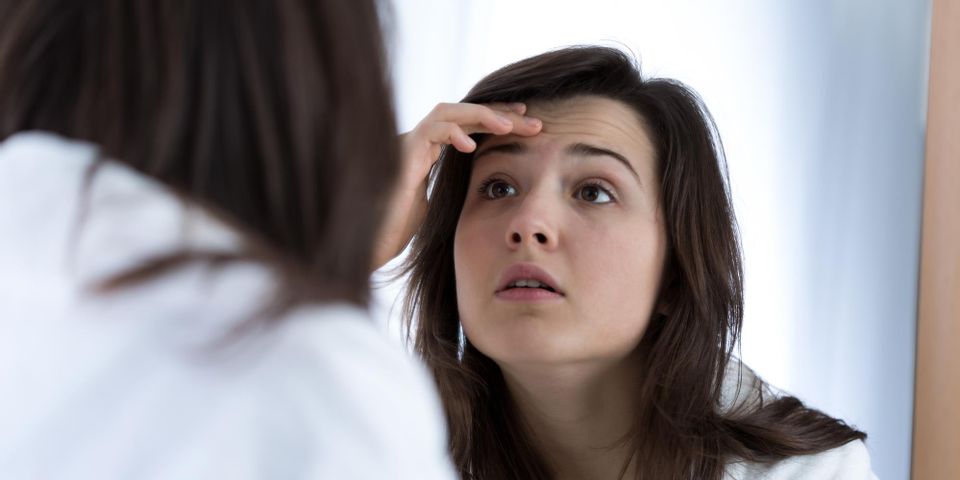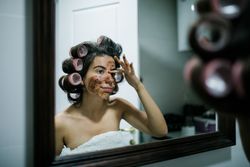
Acne is common; about 85% of all teenagers are expected to develop it. Despite how normal it is, it causes many teens to struggle with their self-image while they find the right acne treatment for them. To support your teen’s emotional health while instilling good long-term skincare habits, it’s important to learn how teen acne works.
How to Identify Teen Acne
Most acne can be categorized as one of the following:
-
Cysts: Large pimples filled with pus.
-
Whiteheads: Pores filled with oil and skin cells.
-
Blackheads: Pores that are expelling dead skin cells, bacteria, oil, and other substances, which cause the black color.
-
Papules: Raised bumps on the skin that are often red, pink, purple, or brown in color. They often accumulate to form rashes and may become inflamed, swollen, infected, and painful, especially if scratched.
-
Pustules: Papules with pus visible on the tips.
-
Nodules: Abnormal growths just beneath the skin, usually bacterial.
The good news is that each can be improved by specialized acne treatment.
What Causes It?
Acne forms when pores clog with dead skin cells or oil. It’s also connected to hormonal fluxes; teenager’s hormone levels are high as their bodies go through puberty. The hormone androgen, in particular, encourages oil glands to increase in size and production, a strong contributing factor to acne development. This also means that girls are likely to have breakouts in the days before their periods start. Oil-based makeup can clog pores as well.
Of course, genetics also play a role. If either of a teen’s parents had acne growing up, it’s likely they will develop it as well. In any case, scratching, rubbing, squeezing, picking, or putting pressure on the skin can worsen the problem.
How Can It Be Prevented?
 Help your teenager get into the habit of washing their face with a gentle scrub twice a day and exfoliating once a week. If they wear makeup, find water-based materials rather than oil-based.
Help your teenager get into the habit of washing their face with a gentle scrub twice a day and exfoliating once a week. If they wear makeup, find water-based materials rather than oil-based.
Discourage them from irritating their skin by rubbing, scratching, picking, or squeezing their blemishes, especially if they’re already inflamed. They should also wear oil-free sunscreen when outside for long periods of time, since sunburn may contribute to breakouts.
For professional advice about acne treatment and prevention, go to Central Carolina Dermatology Clinic in High Point, Kernersville, and Lexington, NC. Staffed by six board-certified dermatologists and two certified physicians’ assistants, their passion for healthy skin will inspire your teen to stick with a skincare routine unique to their needs. Their treatments and procedures are always minimally invasive yet highly effective. For details about their services, call them today at (336) 887-3195 or explore their website.
About the Business
Have a question? Ask the experts!
Send your question

